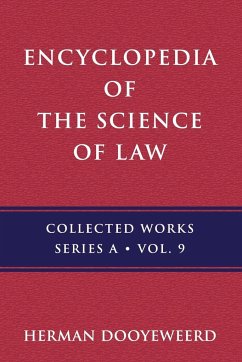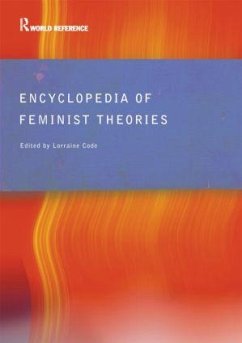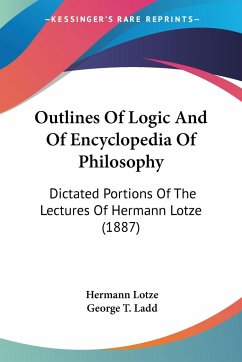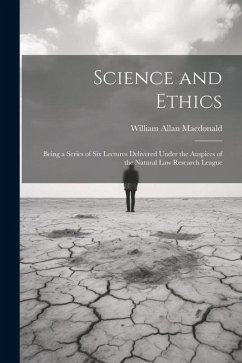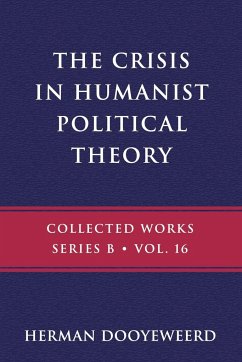
Encyclopedia of the Science of Law
Introduction
Versandkostenfrei!
Versandfertig in über 4 Wochen
16,99 €
inkl. MwSt.

PAYBACK Punkte
8 °P sammeln!
The Encyclopedia of the Science of Law constitutes the first scholarly domain in which Dooyeweerd tested his radically new understanding of created reality, informed by the biblical basic motive of creation, fall, and redemption. The Science of Law represents the academic discipline in which Dooyeweerd was trained and in which he developed exceptional expertise. Therefore, it must be clear that the publication of this comprehensive and authoritative multi-volume series will contribute significantly to the ever growing legacy of reformational philosophy. From the editor's Preface.



